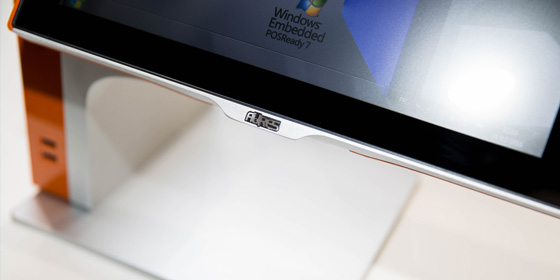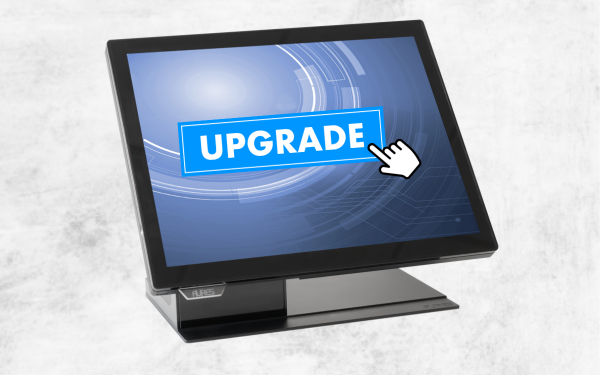Spring is traditionally a time of fresh starts and renewal. But when was the last time you gave your POS system a good old fashioned spring clean?
As a POS vendor, we wouldn’t recommend leaving maintenance as a once-a-year task. Optimising the performance of your POS system should be a year-round thing. And as we’ve written about before, you can make life a lot easier by choosing the right POS partner.
But with new beginnings on the mind, now’s as good a time as any to think about a more far-reaching POS revamp. Embarking on a POS upgrade is a big decision. There are lots of factors to weigh up, such as cost, the performance of your current system, and the benefits you’d gain from investing in a new one.
But with two thirds of all POS hardware currently in use more than two years old, and 40% more than five years old, it’s a decision that is creeping up on an increasing number of businesses.
So the question is, when you do take that decision to upgrade, what should you prioritise? Here are our five tips for future-proofing your POS hardware for the next five years and beyond.
Flexible deployment
The days of POS being literally a fixed place for transaction processing are ebbing away. While what we call ‘tethered’ POS will continue to have a role long into the future, the emergence of mobile or ‘untethered’ POS has set free a whole host of new possibilities. Mobile POS allows businesses to take service to the customer, whether that’s in the context of a retail shop floor or table service in a restaurant or bar.
Mixing fixed point POS with mobile tablets will give your business the flexibility to provide service in a range of different ways (and places), as and where customers want it. And these days, you don’t even have to make an either/or decision between tethered and untethered terminals. You can invest in hybrid POS hardware that can function as both, providing the freedom to switch as and when required.
Bluetooth
Bluetooth-ready POS hardware adds a further level of flexibility to your system. Bluetooth makes it easier to connect peripherals like card/contactless readers, printers, scanners and so on. Breaking modules like these out of the main terminal allows for more compact designs, which again supports agility. You can pick and choose the functions you need, mix them up at different times and in different places, and use them on the go.
Digital screens and signage
POS systems have evolved to be about much more than transaction processing. They serve as a digital hub for modern businesses, providing an intersection between and an interface for sales, finance, inventory, CRM and more.
This extends to marketing and merchandising. Digital screens and signage already play a prominent role in on-premise retail and hospitality operations, and that’s only going to increase. From electronic on-shelf displays to retail media advertising, digital signage gives businesses enhanced control over their own merchandising and promotions, and can even open up new revenue streams.
That’s why, for your next POS upgrade, it makes sense to prioritise solutions that provide easy, convenient support for a range of digital signage options.
SSD storage
Modern POS systems can serve as a convenient hub for managing an entire customer-facing business. But the more functions we allocate to them, the more software we ask them to run, the higher the demands we place on the system. In computing terms, you need a good engine to power it all.
If your POS terminals are more than five years old, they may not have solid state drive (SSD) storage. SSD storage is fast and efficient, and also has the benefit of consuming less energy than conventional hard disk drives (HDD). When you are running dozens of software processes all day every day, speedy, reliable performance and lower energy consumption are definitely things to prioritise.
Self-service
Finally, if you are ready to upgrade your POS hardware, you should seriously consider investing in self-service kiosks as part of the mix. As with mobile POS, self-service kiosks create more service options for your customers and increase flexibility. Self-service is incredibly popular with consumers, and for that reason alone deserves serious consideration as part of any future-facing POS deployment.
Ready to take the next step towards your next POS system? Talk to our team today to discuss the priorities for your business.
📞: 01928 599 966
📧: salesUK@aures.com




